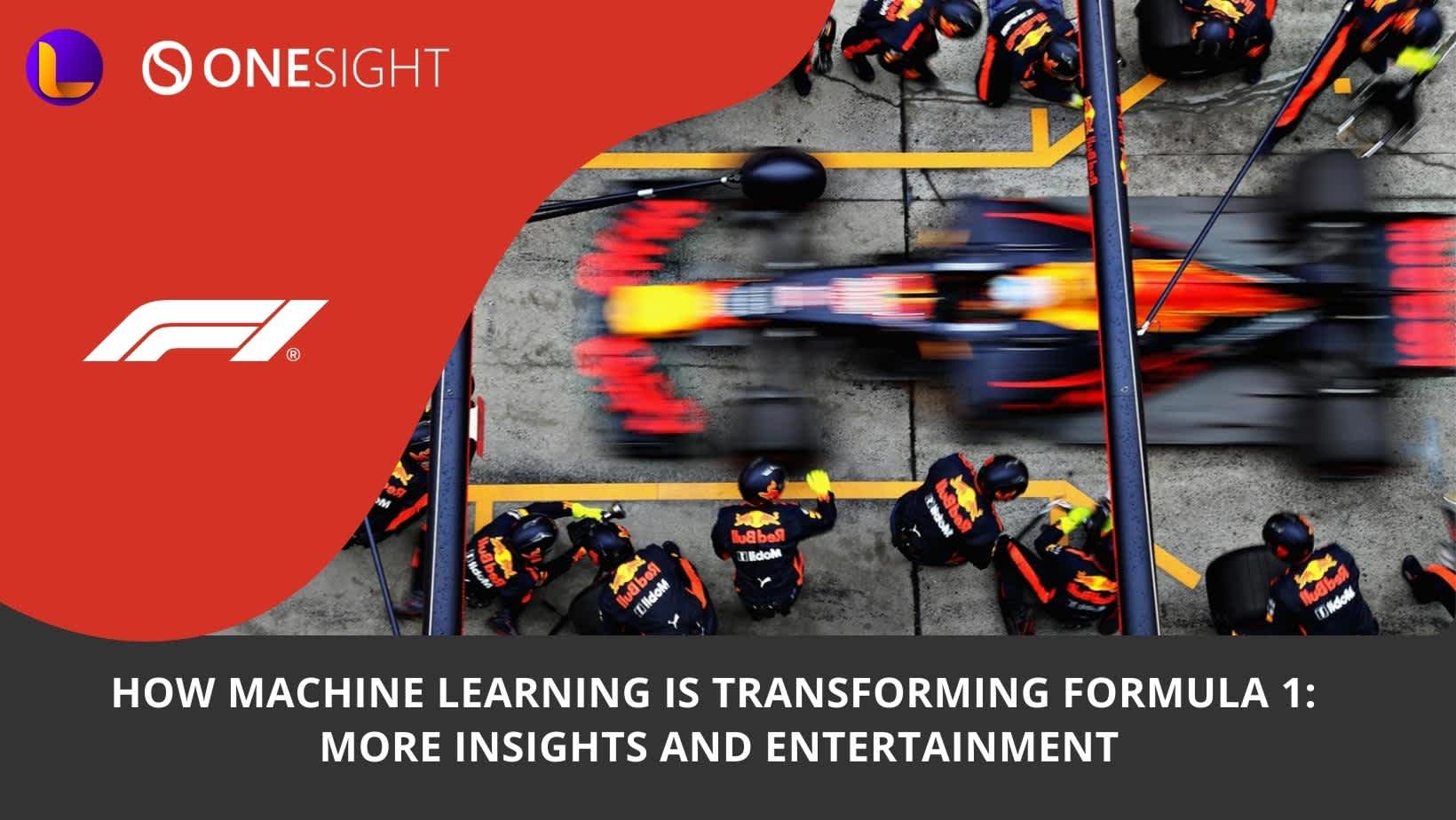Tutti i post
How Machine Learning is Transforming Formula 1: More Insights and Entertainment
Larissa Berni il 06/11/2023

Formula 1, one of the most prestigious and technologically advanced motorsports categories, has a long history of innovation and technology. In recent years, a new player has entered the scene to add even more insight and entertainment to this sport: machine learning, a branch of artificial intelligence.
Machine learning is playing an increasingly significant role in Formula 1. By using advanced algorithms, this technology is reshaping the way teams compete and how fans experience the races.
#1 Data Analysis and Predictive Modeling: One of the most notable applications of machine learning in F1 is data analysis and predictive modeling. During races, an enormous amount of data is generated, including information from sensors on the cars, telemetry data, and historical race data. Machine learning algorithms are used to identify patterns and trends in this data, helping teams fine-tune strategies and make accurate predictions, such as tire wear, fuel consumption, and optimal pit stop timings.
#2 Performance Optimization: Machine learning is also applied to optimize car and driver performance. Teams use algorithms to adjust factors like aerodynamics, engine settings, and suspension, resulting in improved lap times and overall performance.
#3 Fan Engagement: Machine learning is enhancing the fan experience by providing deeper insights and more engaging content. For example, machine learning algorithms can analyze data to predict race outcomes, suggest optimal race strategies, and provide detailed statistics in real-time. This information can be shared with fans through apps, websites, and broadcasts, making the sport more enjoyable for enthusiasts.
#4 Real-time Predictions and Statistics: Fans now have access to real-time race predictions and detailed statistics, all thanks to machine learning. This makes the experience of watching an F1 race more informative and thrilling, allowing viewers to better understand what's happening on the track.
#5 Driver and Team Performance Analysis: Machine learning provides in-depth analysis of driver and team performance. By identifying strengths and weaknesses in real-time data, teams can improve strategies and training regimens, leading to more competitive races.
#6 Safety Enhancements: Machine learning plays a crucial role in enhancing safety by monitoring and analyzing real-time data to identify potential risks and anomalies. It aids in ensuring the well-being of drivers and spectators by providing early warnings of safety concerns.
#7 Weather Predictions: Weather conditions can significantly impact F1 races. Machine learning models provide accurate and timely weather predictions, allowing teams to adjust strategies and make informed decisions based on changing weather patterns. This helps in avoiding unexpected weather-related complications during races.
Conclusion
Formula 1 is in a constant state of evolution, and machine learning is playing a crucial role in this process. From enhancing the performance of cars and drivers to creating richer experiences for fans, this technology is adding value to the sport. As technology continues to advance, the influence of machine learning in F1 is likely to grow, making the sport even more exciting and competitive for teams and fans. Formula 1 and machine learning are a winning combination that promises an exciting future for high-performance motorsport.
Much like the seamless partnership between technology and Formula 1, Onesight embraces technology as our greatest ally. If you have a project in mind or require bespoke technology solutions, please don't hesitate to get in touch. At Onesight, we specialize in develop tailor-made technology solutions to meet your unique needs and challenges, helping you accelerate towards success with confidence.